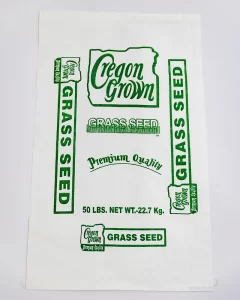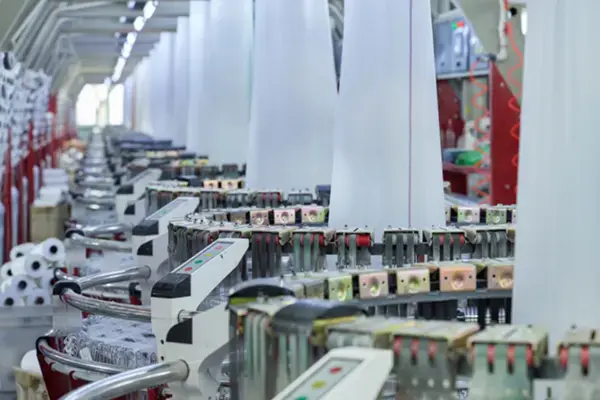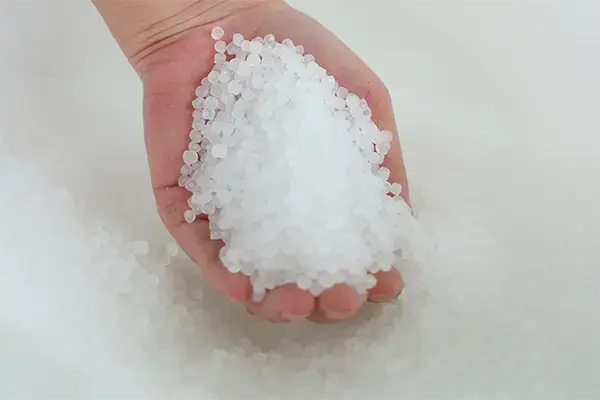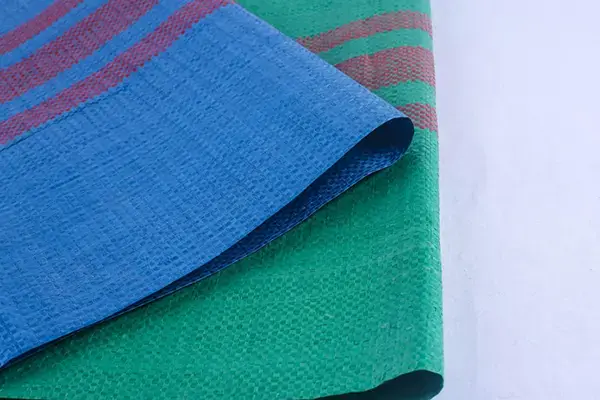Polypropylene fabric rolls are a versatile material that can be used for a variety of applications, including packaging, construction, and industrial manufacturing. They are made from polypropylene, a synthetic polymer that is known for its strength, durability, and lightweight properties.
There are many different types of polypropylene fabric rolls available, each with its own unique set of characteristics and advantages. In this article, we will compare the different types of polypropylene fabric rolls based on their weight, durability, water resistance, and chemical resistance.

Weight
The weight of a polypropylene fabric roll is an important consideration for many applications. For example, lighter rolls are easier to handle and transport, while heavier rolls may be more durable.
In general, polypropylene fabric rolls are relatively lightweight. The specific weight of a roll will vary depending on the thickness and density of the fabric. For example, a 4-ounce polypropylene fabric roll will be approximately 11.3 grams per square meter, while a 6-ounce polypropylene fabric roll will be approximately 16.3 grams per square meter.
Durability
The durability of a polypropylene fabric roll is another important consideration. Durable rolls will be able to withstand wear and tear from everyday use.
Polypropylene fabric rolls are known for their durability. They are resistant to tearing, abrasion, and puncture. Polypropylene fabric rolls are also resistant to chemicals and UV radiation.
Water Resistance
Water resistance is another important consideration for many applications. Water-resistant rolls can be used in wet or humid environments without becoming damaged.
Polypropylene fabric rolls are naturally water-resistant. They have a low water absorption rate, which means that they will not absorb water easily. Polypropylene fabric rolls are also resistant to mildew and mold.
Chemical Resistance
Chemical resistance is another important consideration for many applications. Chemical-resistant rolls can be used in environments where they may be exposed to chemicals.
Polypropylene fabric rolls are resistant to a wide range of chemicals. They are not affected by acids, bases, or solvents.
Comparison of Different Types
Now that we have discussed the general characteristics of polypropylene fabric rolls, let's take a closer look at the different types of rolls available.
Spunbond Polypropylene Fabric Rolls
Spunbond polypropylene fabric rolls are made from a process called spunbonding, which involves extruding molten polypropylene through a series of tiny holes. The resulting fabric is lightweight and strong.
Spunbond polypropylene fabric rolls are a good choice for applications where weight and cost are important considerations. They are also a good choice for applications where the fabric will be exposed to moisture.
Meltblown Polypropylene Fabric Rolls
Meltblown polypropylene fabric rolls are made from a process called meltblowing, which involves melting polypropylene and then forcing it through a series of tiny holes. The resulting fabric is very soft and absorbent.
Meltblown polypropylene fabric rolls are a good choice for applications where softness and absorbency are important considerations. They are also a good choice for applications where the fabric will be exposed to moisture or chemicals.
Thermobonded Polypropylene Fabric Rolls
Thermobonded polypropylene fabric rolls are made from a process called thermobonding, which involves fusing layers of polypropylene together with heat and pressure. The resulting fabric is strong and durable.
Thermobonded polypropylene fabric rolls are a good choice for applications where strength and durability are important considerations. They are also a good choice for applications where the fabric will be exposed to abrasion or chemicals.
Conclusion
Polypropylene fabric rolls are a versatile material that can be used for a variety of applications. The different types of polypropylene fabric rolls offer a variety of characteristics and advantages, so it is important to choose the right type for your specific needs.








